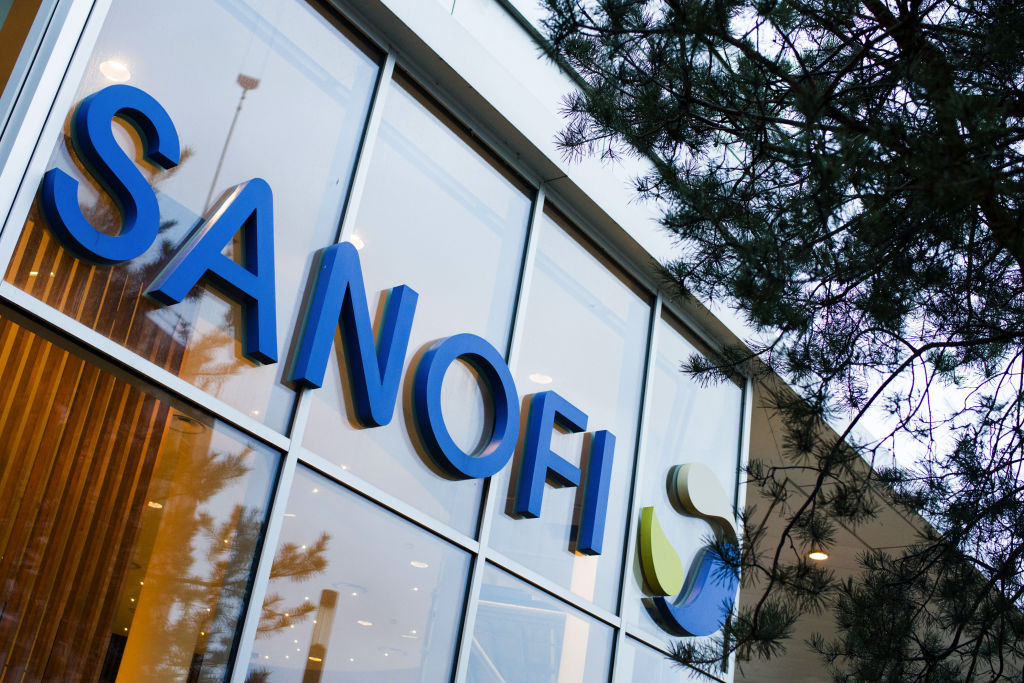
Sanofi’s recent moves have shown a renewed prioritization of messenger RNA in the company’s strategy and the pharmaceutical giant is now taking its biggest step yet with a $3.2 billion buyout of Translate Bio, its research partner in the technology.
According to financial terms announced Tuesday, Paris-based Sanofi has agreed to pay $38 cash for each outstanding share of Translate Bio share that it doesn’t already own. That price is a 37% premium to Monday’s closing stock price and 56% higher than the average share price over the past 60 days.
Much of the recent attention paid to Sanofi and Translate Bio has focused on their work developing an mRNA-based vaccine for Covid-19, which is currently in clinical testing. However, the companies have been collaborating since 2018. When that alliance began, the focus was on using Translate Bio’s mRNA platform to develop vaccines for five infectious diseases with the potential to expand the deal to include other pathogens. The pandemic provided that expansion opportunity last year. In addition to Covid-19, the deal included other disease targets, such as influenza. Sanofi paid Translate Bio $425 million up front to expand the pact, including a $125 million equity investment in its partner.
Though Sanofi and Translate Bio lag mRNA peers Moderna and BioNTech in Covid-19 vaccines, the race to develop an mRNA vaccine for influenza is much closer. Sanofi and Translate Bio began a Phase 1/2 study for their flu vaccine in June. The monovalent vaccine candidate codes for the hemagglutinin protein of the A/H3N2 flu strain. Preliminary data are expected by the end of the year.
Moderna began a study in July for its quadrivalent vaccine for seasonal flu. BioNTech has said its mRNA flu vaccine candidate, which is being developed in partnership with Pfizer, is expected to begin clinical testing in the third quarter of this year.

A Deep-dive Into Specialty Pharma
A specialty drug is a class of prescription medications used to treat complex, chronic or rare medical conditions. Although this classification was originally intended to define the treatment of rare, also termed “orphan” diseases, affecting fewer than 200,000 people in the US, more recently, specialty drugs have emerged as the cornerstone of treatment for chronic and complex diseases such as cancer, autoimmune conditions, diabetes, hepatitis C, and HIV/AIDS.
In a prepared statement, Sanofi CEO Paul Hudson said that Translate Bio will help the French company explore applications of mRNA in both vaccines and therapeutics.
“A fully owned platform allows us to develop additional opportunities in the fast-evolving mRNA space,” he said. “We will also be able to accelerate our existing partnered programs already under development. Our goal is to unlock the potential of mRNA in other strategic areas such as immunology, oncology, and rare diseases in addition to vaccines.”
The Translate Bio acquisition agreement follows Sanofi’s June announcement of the formation of a new division focusing exclusively on developing new products based on mRNA technology. Sanofi plans to support this mRNA unit, which has outposts in both France and the U.S., with about €400 million annually. That division will become the new home for Translate Bio research that was not covered by the partnership, such as the biotech’s respiratory programs in cystic fibrosis, primary ciliary dyskinesia, and pulmonary arterial hypertension, as well as a program for an undisclosed liver disease. Sanofi added cancer to its list of mRNA targets via the $160 million April buyout of Tidal Therapeutics, a preclinical company developing a way to use mRNA to enable in vivo engineering of a patient’s immune cells to create a CAR T immunotherapy.
Sanofi said it will finance the Translate Bio deal with available cash. The boards of directors of both Sanofi and Translate Bio have approved the transaction, which the companies expect will close later in the current quarter. If, however, another company swoops in with a better offer, Translate Bio’s board can consider it. But accepting such an offer would put the mRNA company on the hook for a $96 million termination fee, according to a Translate Bio regulatory filing.
Photo: Nathan Laine/Bloomberg, via Getty Images













